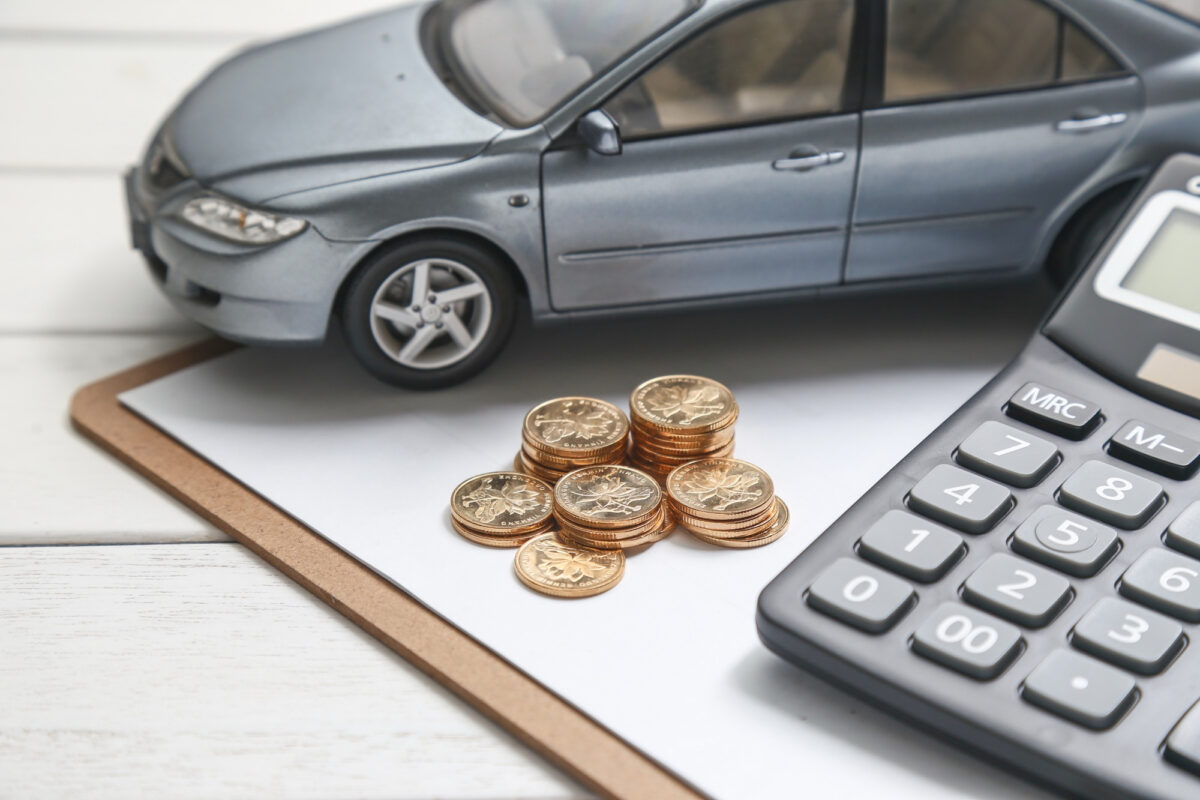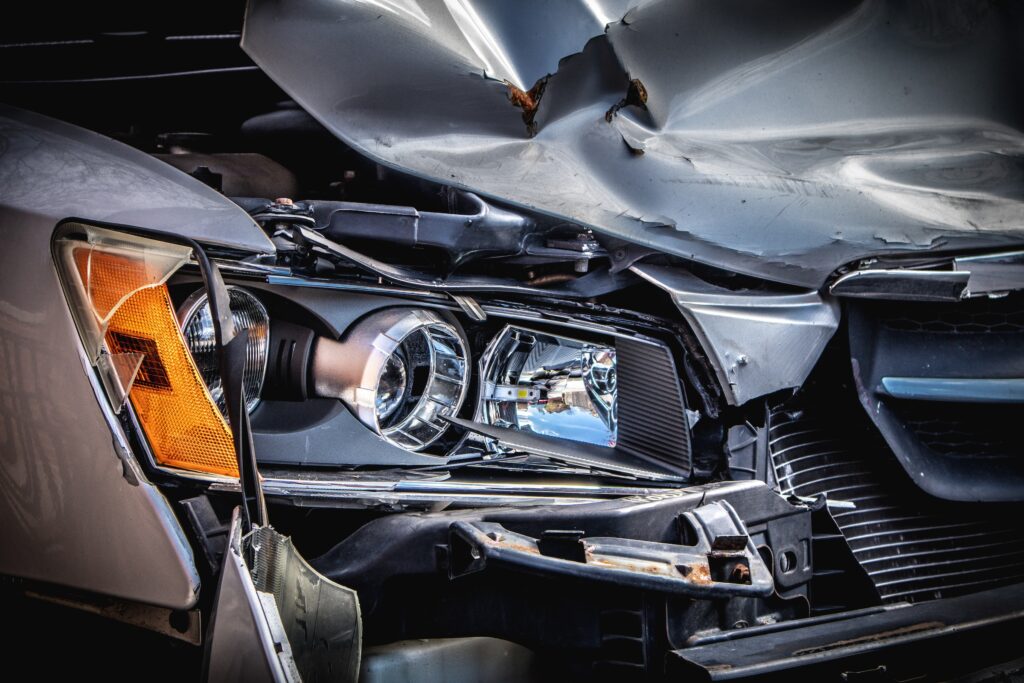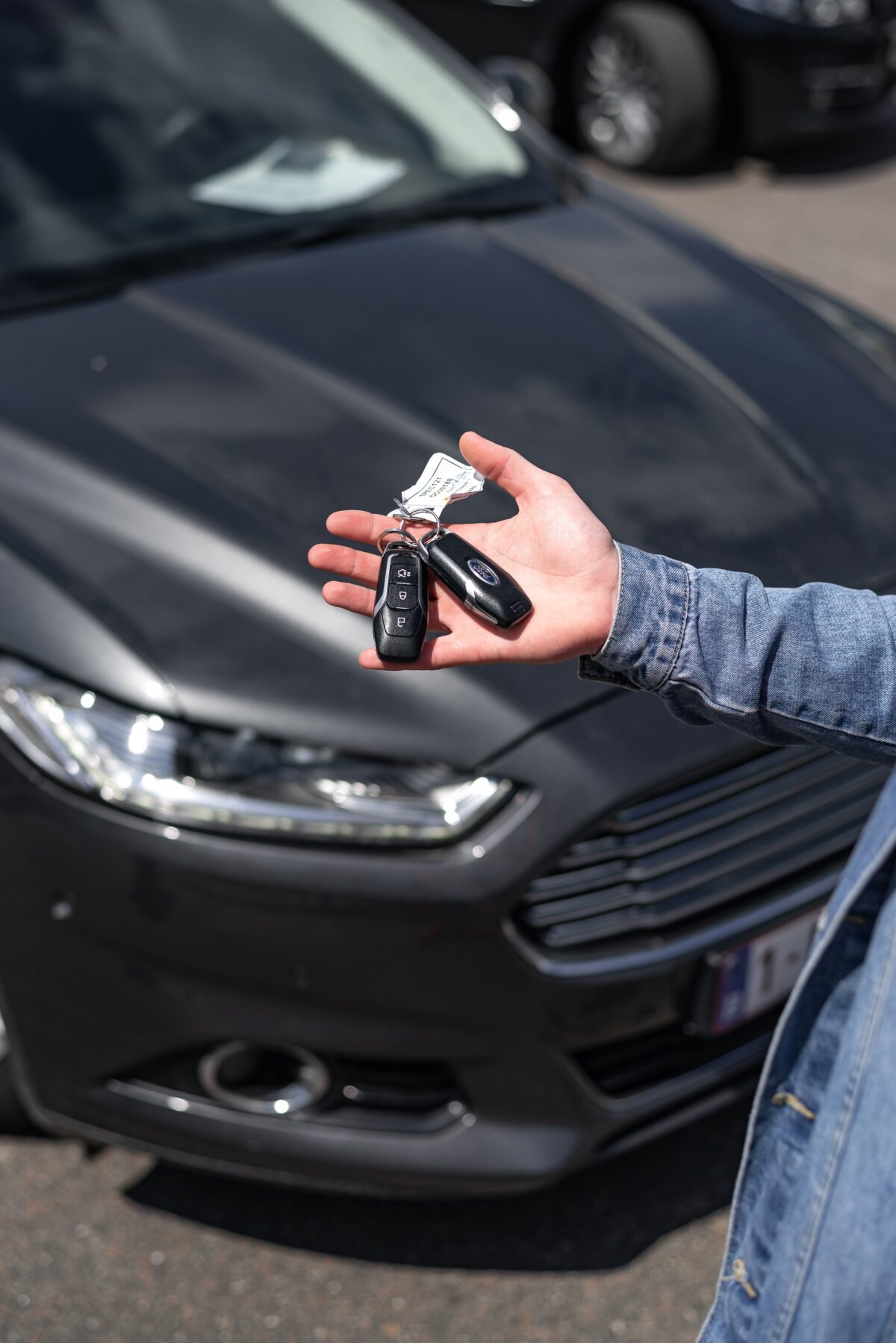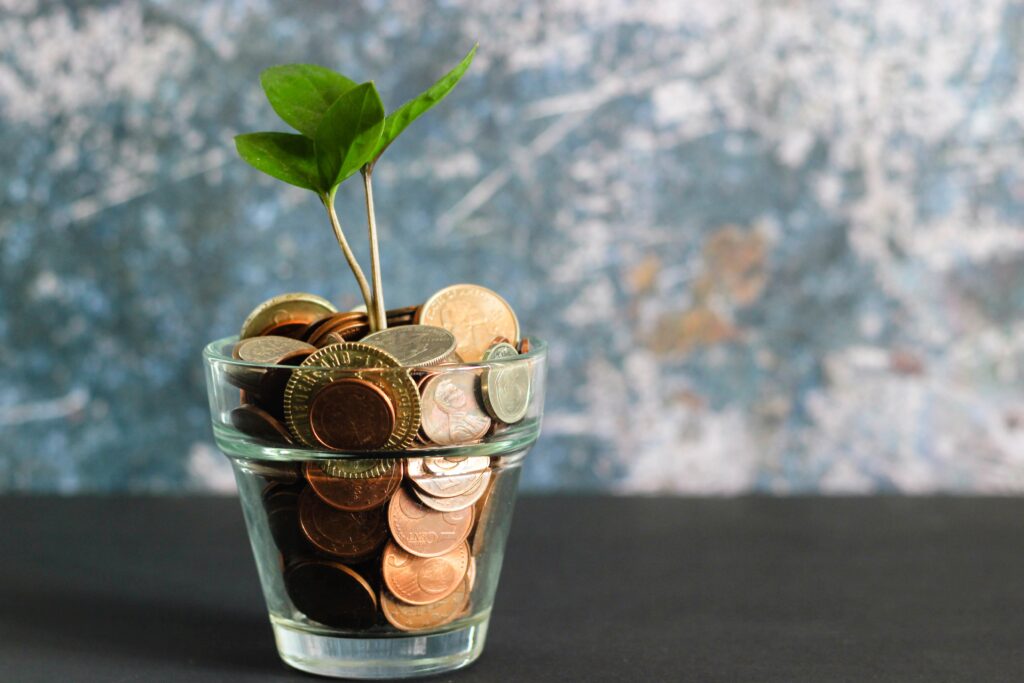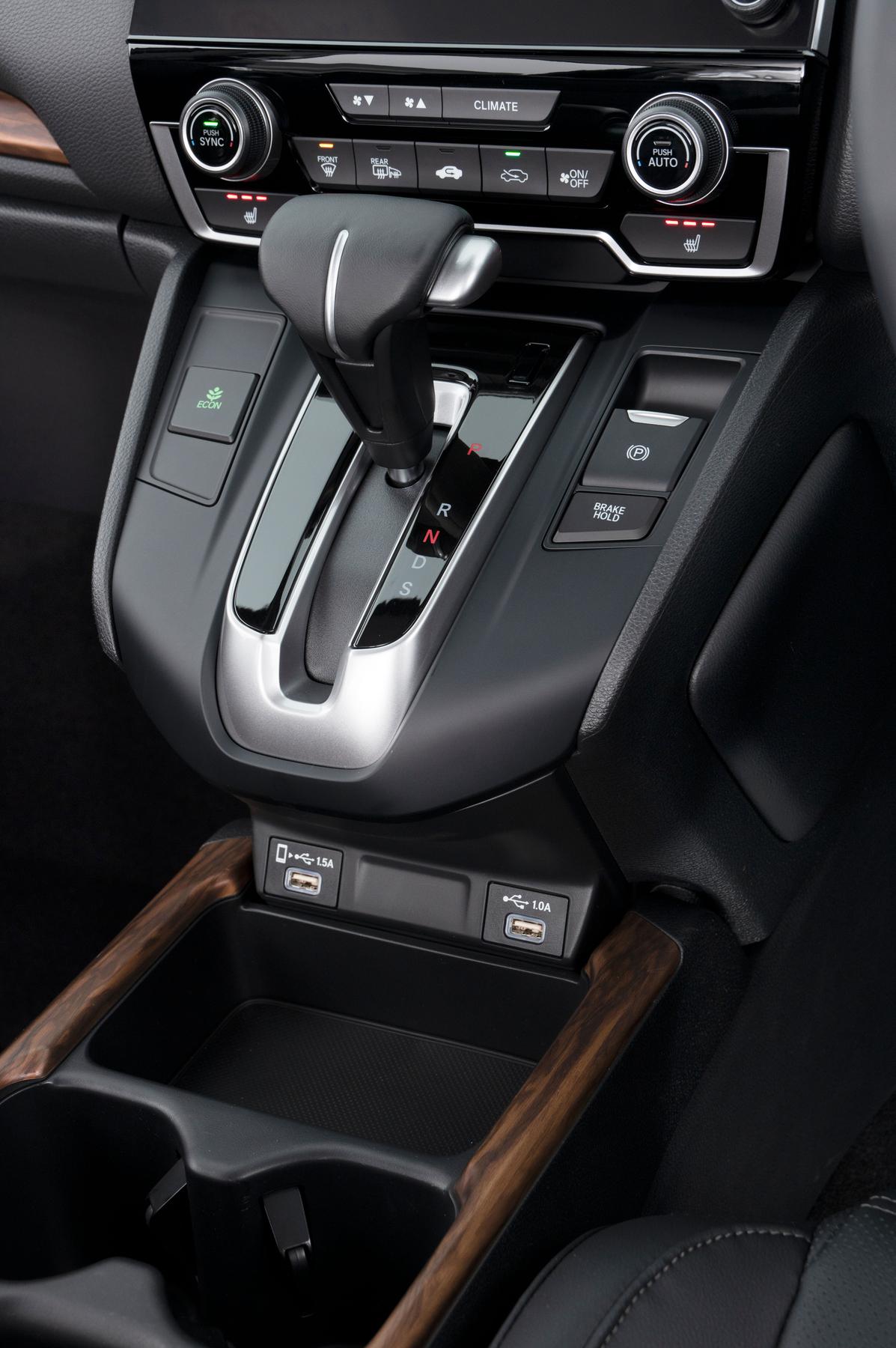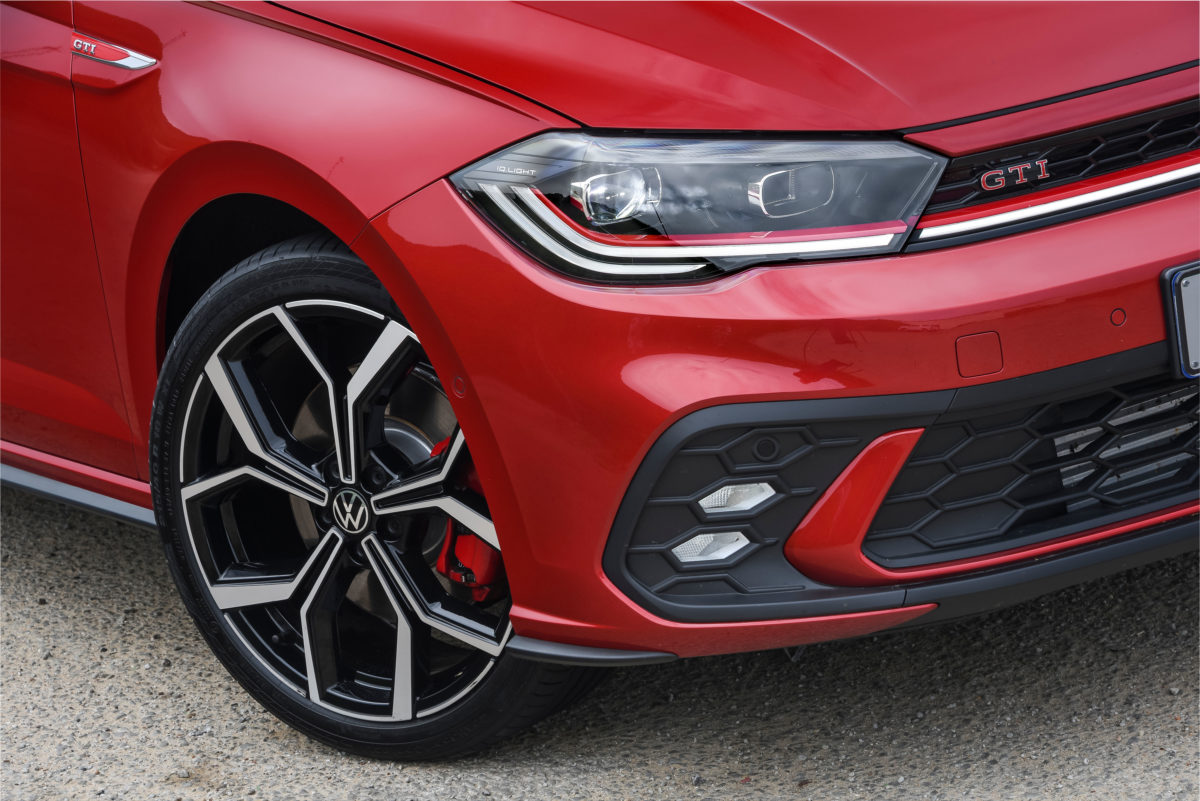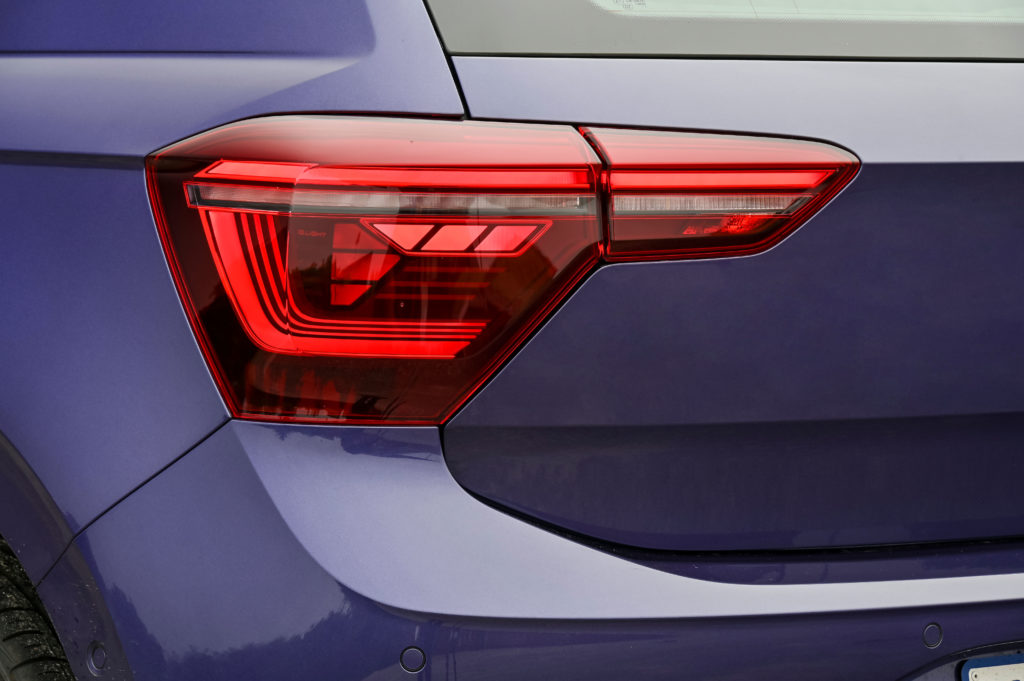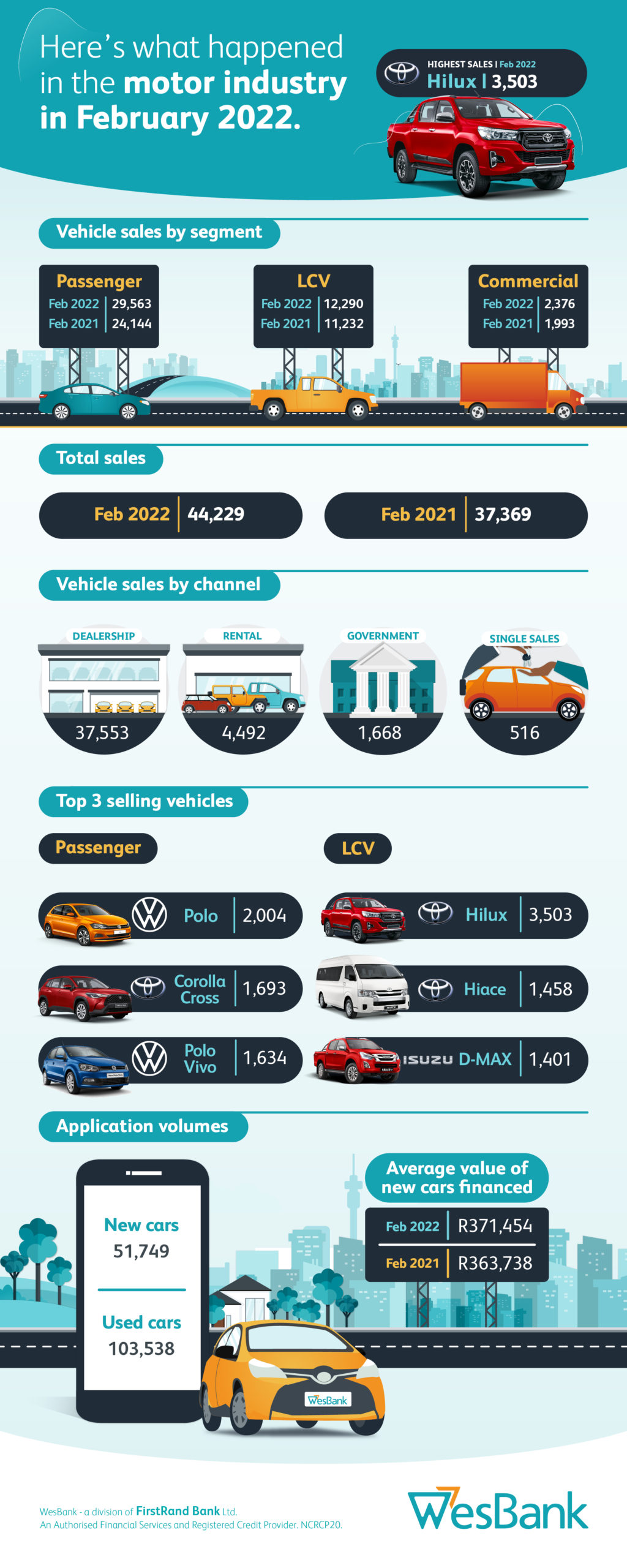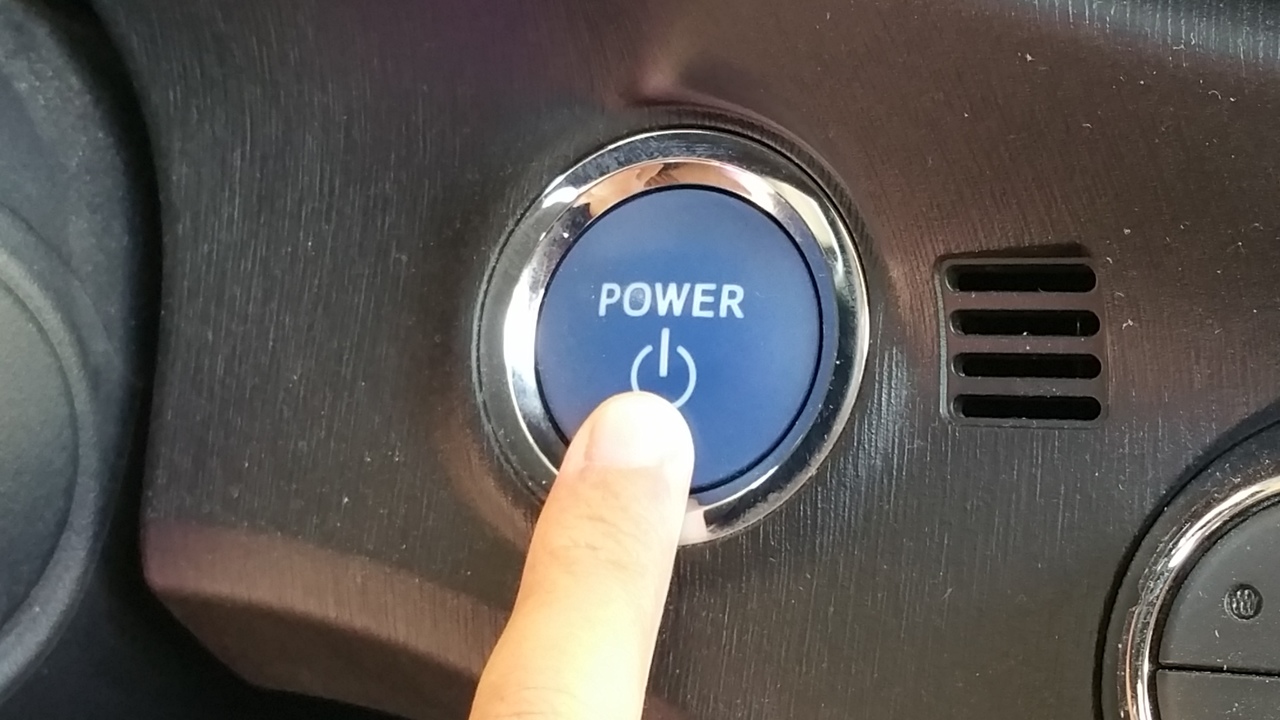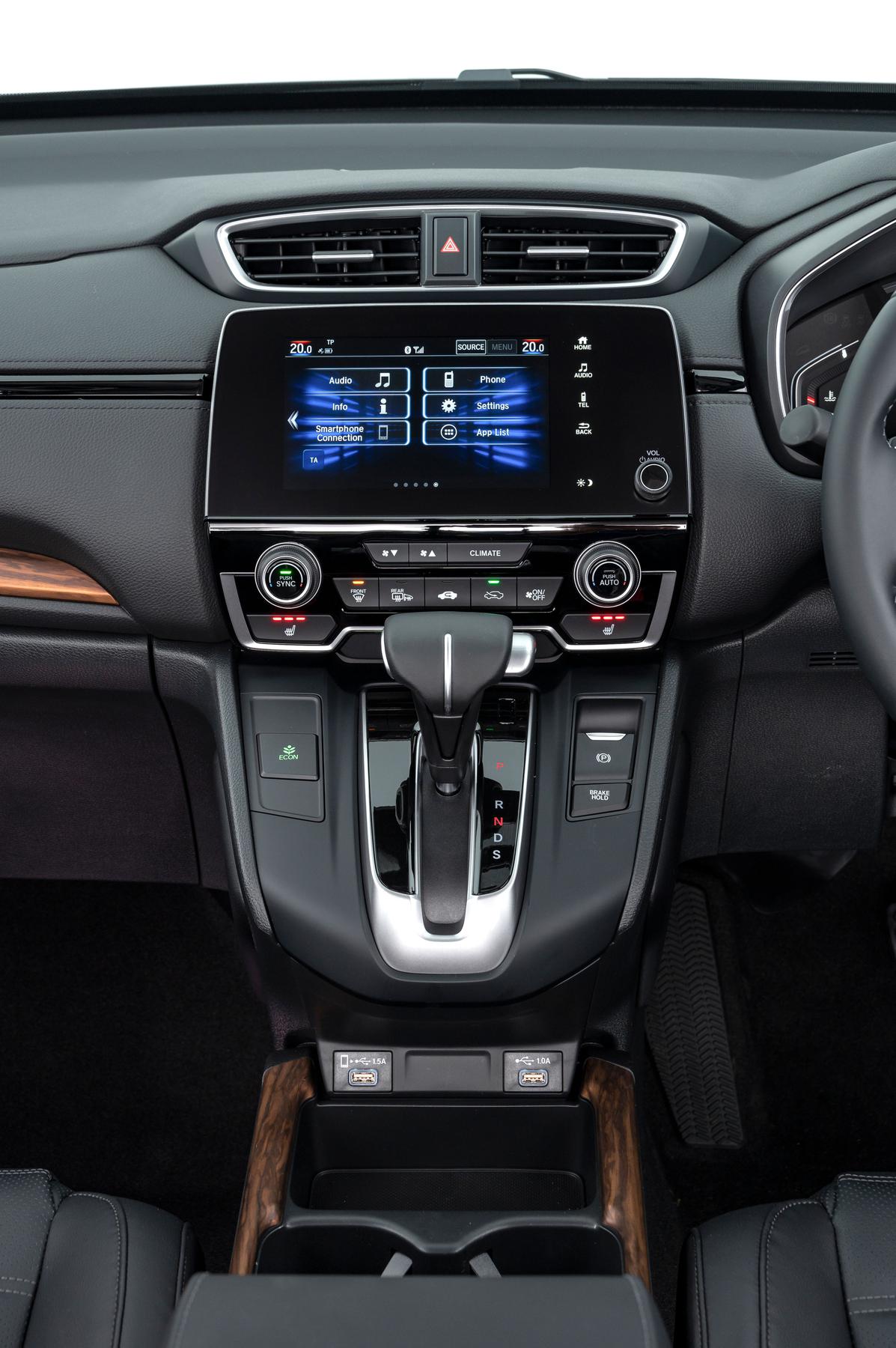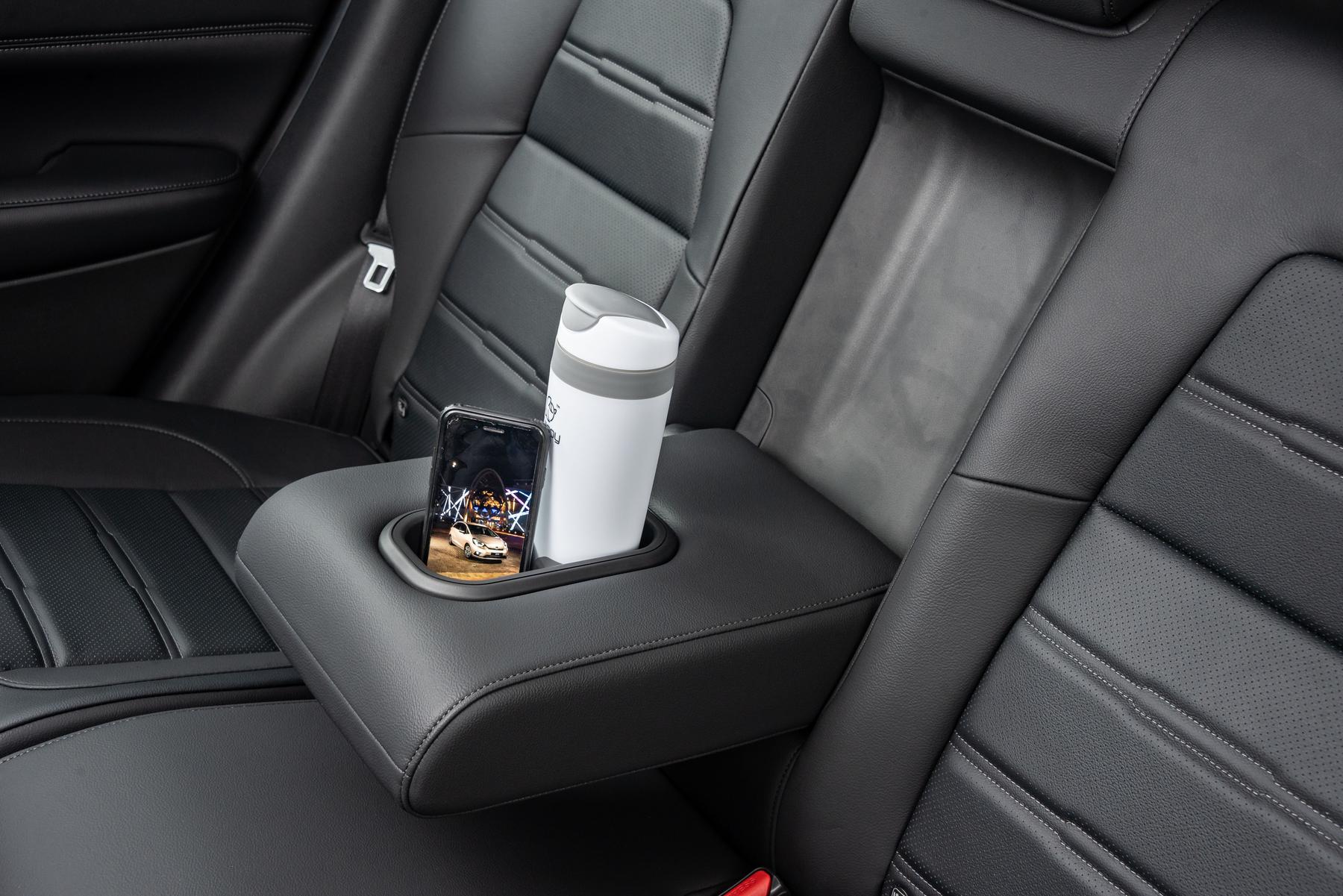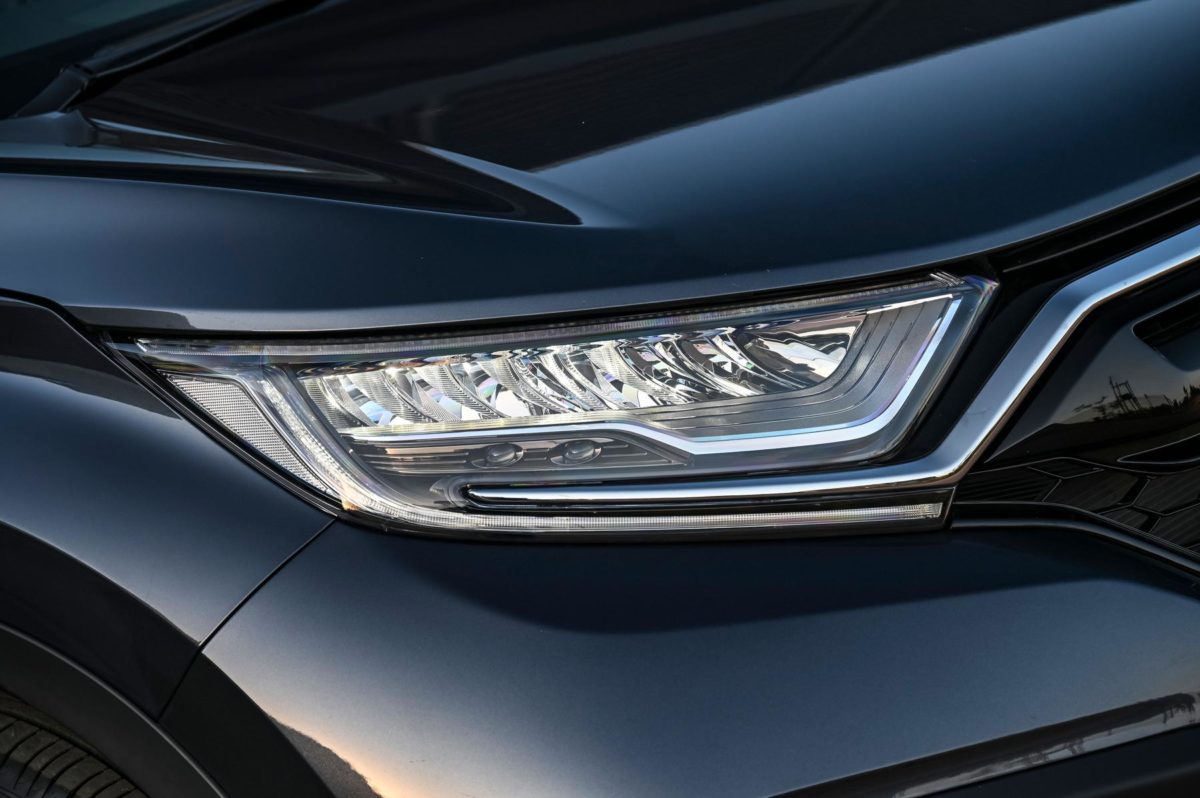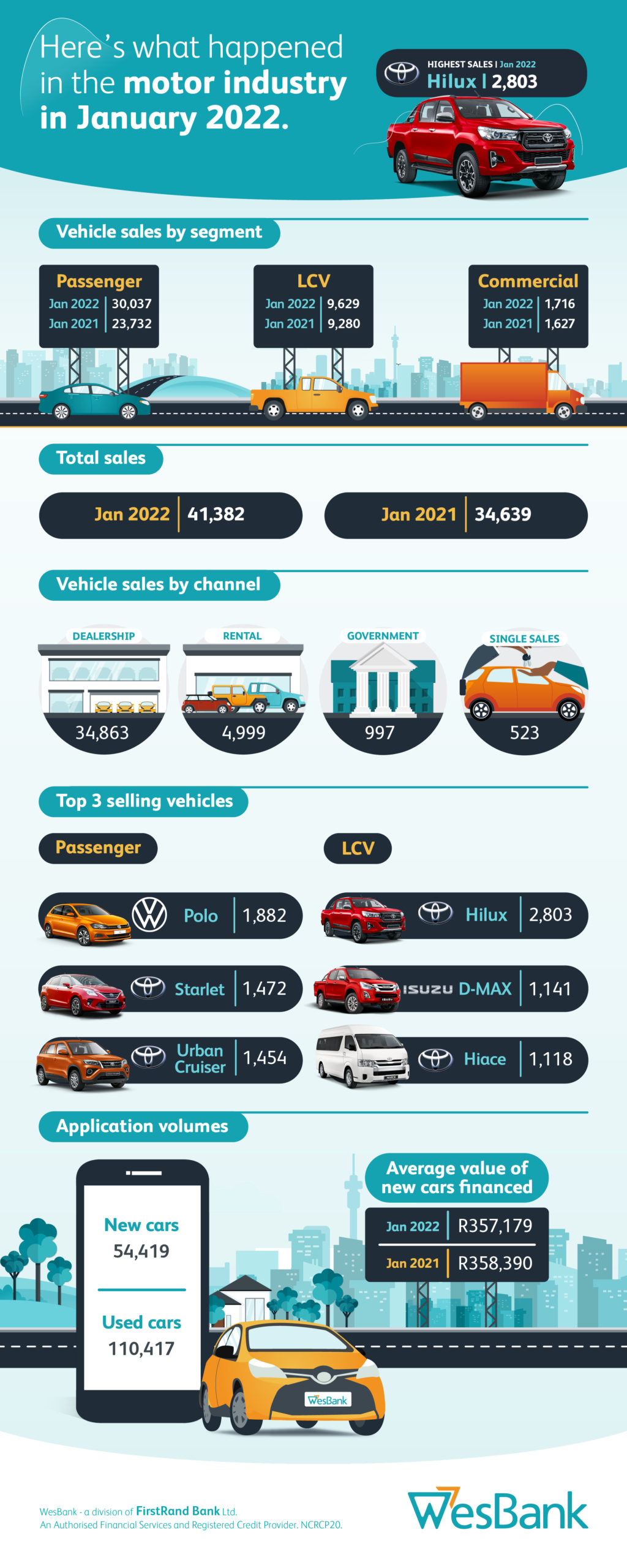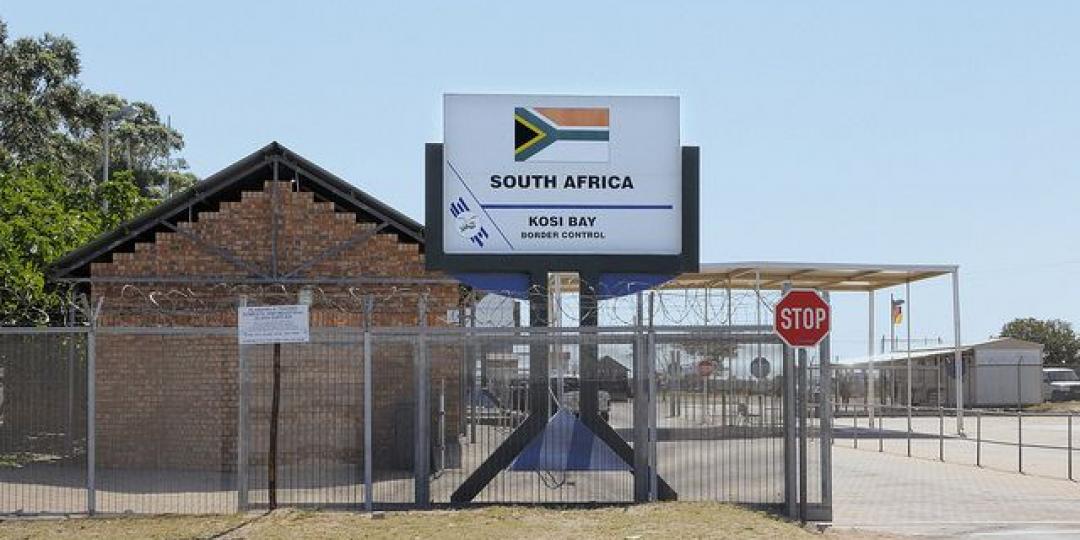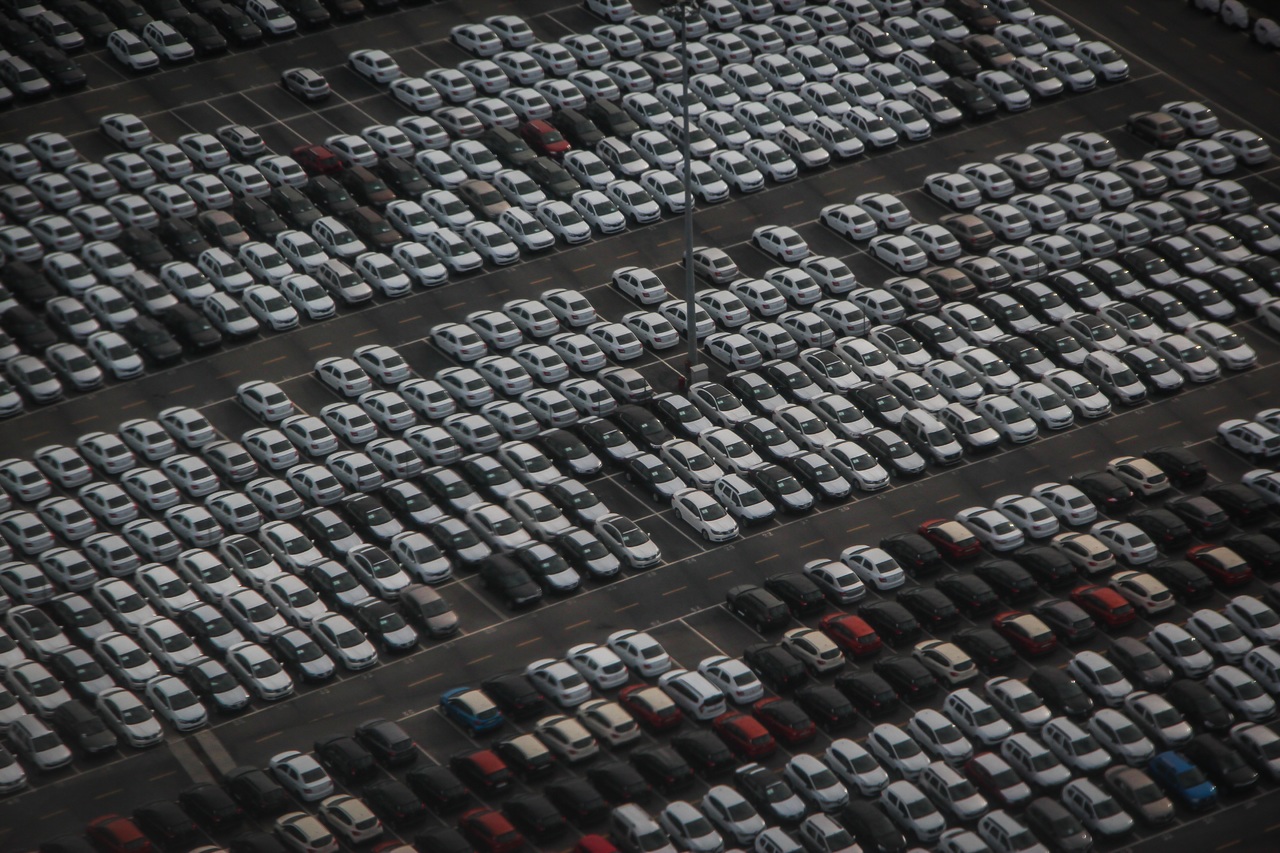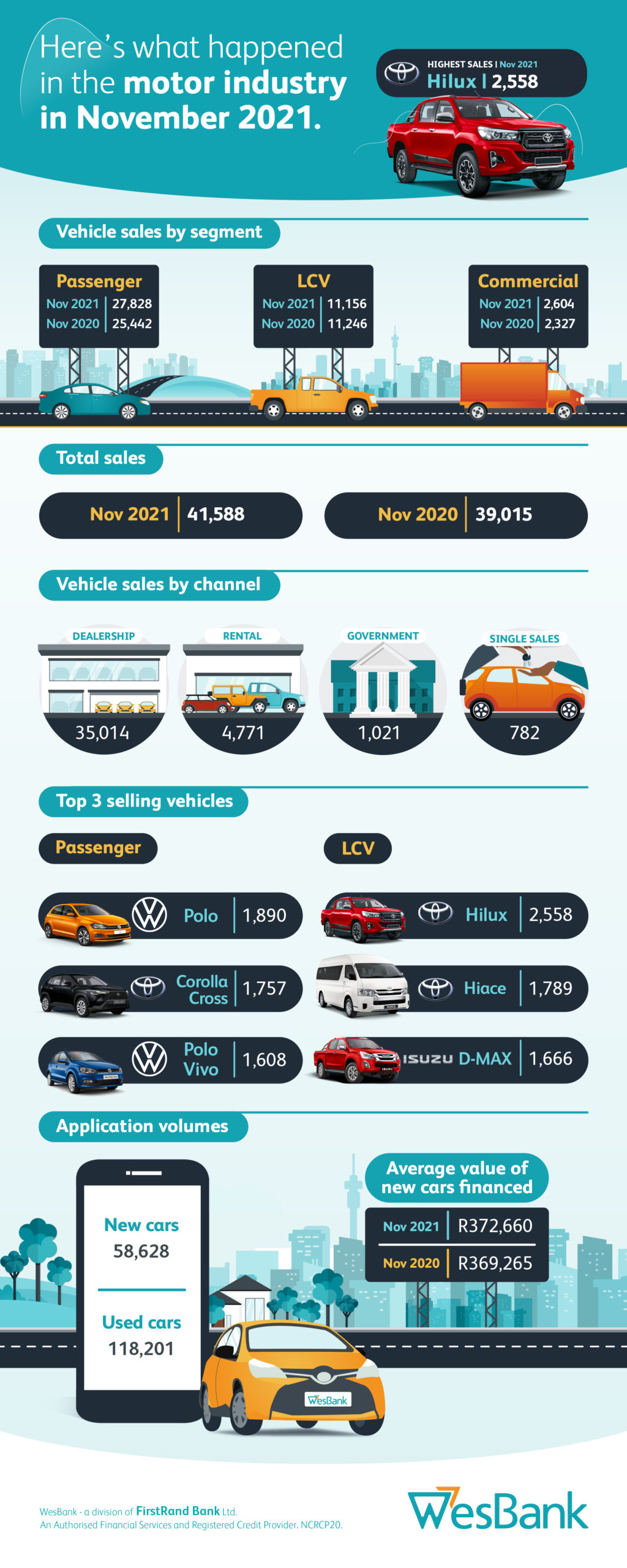Is Refinancing Your Car A Good Idea?
Refinancing your car is an option that many car owners grapple with. In an effort to de-mystify what this means, and who should consider it as a viable option, it is important to understand what the term ‘refinancing’ means.
In a nutshell, refinancing a vehicle means replacing your current car loan or finance agreement with a new car loan to revise your debt repayment schedule. In other words, applying for another loan to repay your old debt. As the new loan is usually lower than your existing loan, vehicle refinancing may be a way to save money on your monthly car repayments.
This saving can result from obtaining a loan at a lesser amount, extending the repayment period or negotiating a lower interest rate. Some banks and lending houses also offer the option of refinancing a vehicle that is fully paid up, should it qualify.

It is important to understand what the term means and when or when not to refinance a vehicle. One school of thought advocates that you should rather consider selling your car before you look at refinancing it. However, the decision is not always that simple. “If the new loan is at a lower interest rate, for example, that could save you some money in the long run,” explains Lebogang Gaoaketse, Head of Marketing and Communication at Wesbank.
It is important to carefully consider the pros and cons of refinancing a vehicle, so it is advisable to do some research on the most favourable loan terms and interest rates, before making a final decision.

Advantages:
- Lower Monthly Repayments: Refinancing can result in lower monthly repayments, which could assist those who are struggling to cover their monthly costs or who want to free up a bit of extra cash each month.
- Lower Interest Rates: If you qualify for a lower interest rate by choosing to refinance your car, you will save money by paying less interest over the loan term and by so doing, save on your current monthly instalments.
- Better Loan Terms: Refinancing allows you to adjust the terms of your loan, such as the length of the loan period or the type of loan, for example, fixed or variable.
- Improved Cash Flow: Refinancing your vehicle might enable you to access more cash it you owe less than its current value.

Disadvantages:
- Additional Fees: Refinancing often involves fees such as loan application costs or prepayment penalties which could add up and reduce the potential savings from the refinancing agreement.
- Longer Loan Term: If you extend the length of your loan through refinancing, you may end up paying more interest over the term of the loan, even if you have a lower interest rate in place.
- Negative Equity: If you owe more on your vehicle than it is worth, refinancing may not be an option or may not result in any significant savings.
- Credit Score Impact: Applying for a new loan can temporarily lower your credit score if you are approved for a loan with a higher interest rate, it could negatively impact your credit score in the long run.
There isn’t a one-size-fits-all solution to structuring a car refinance deal. By being honest with yourself and knowing how much you can afford on the vehicle repayment, you would be better informed about your options.
